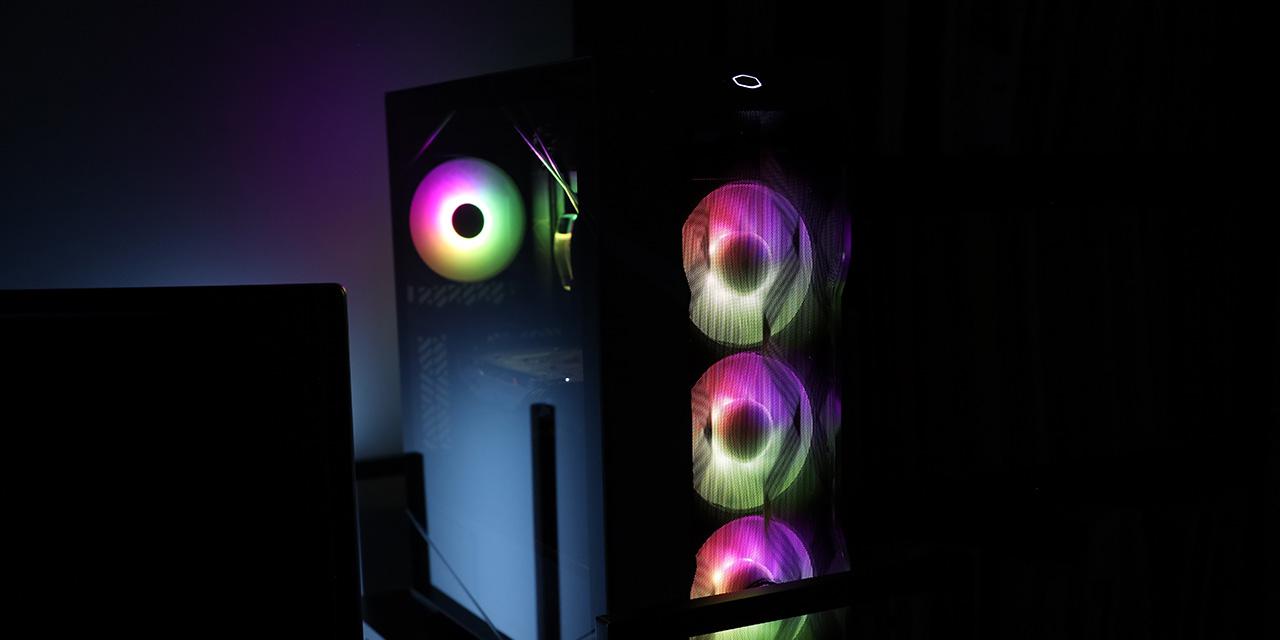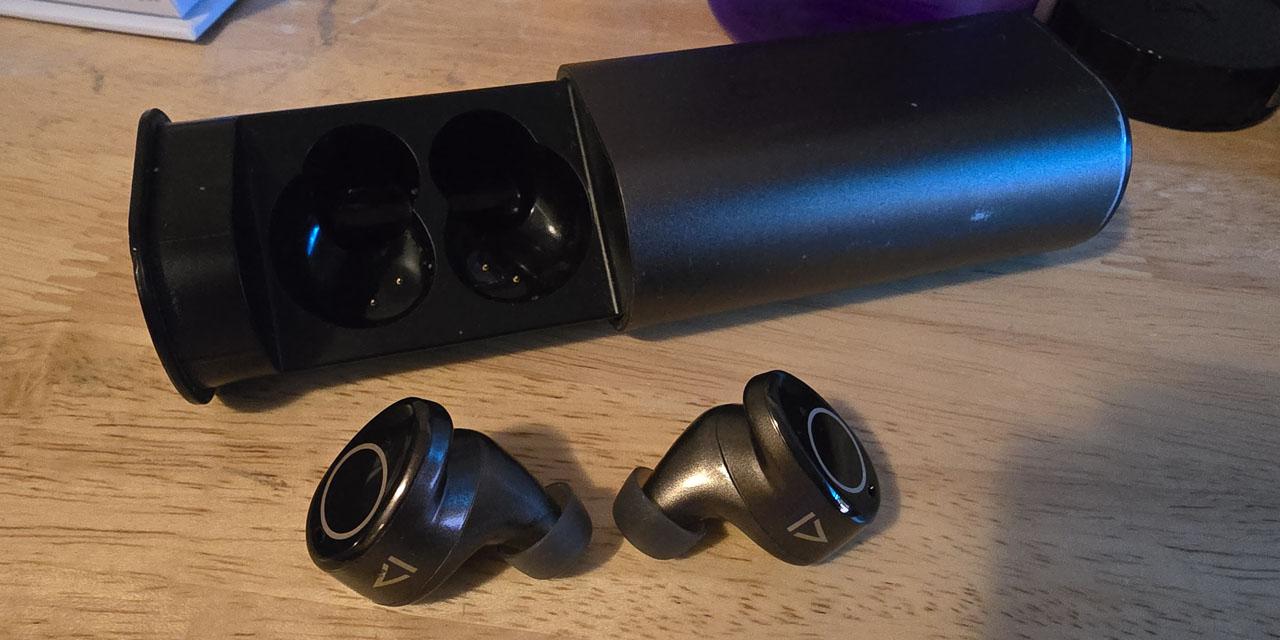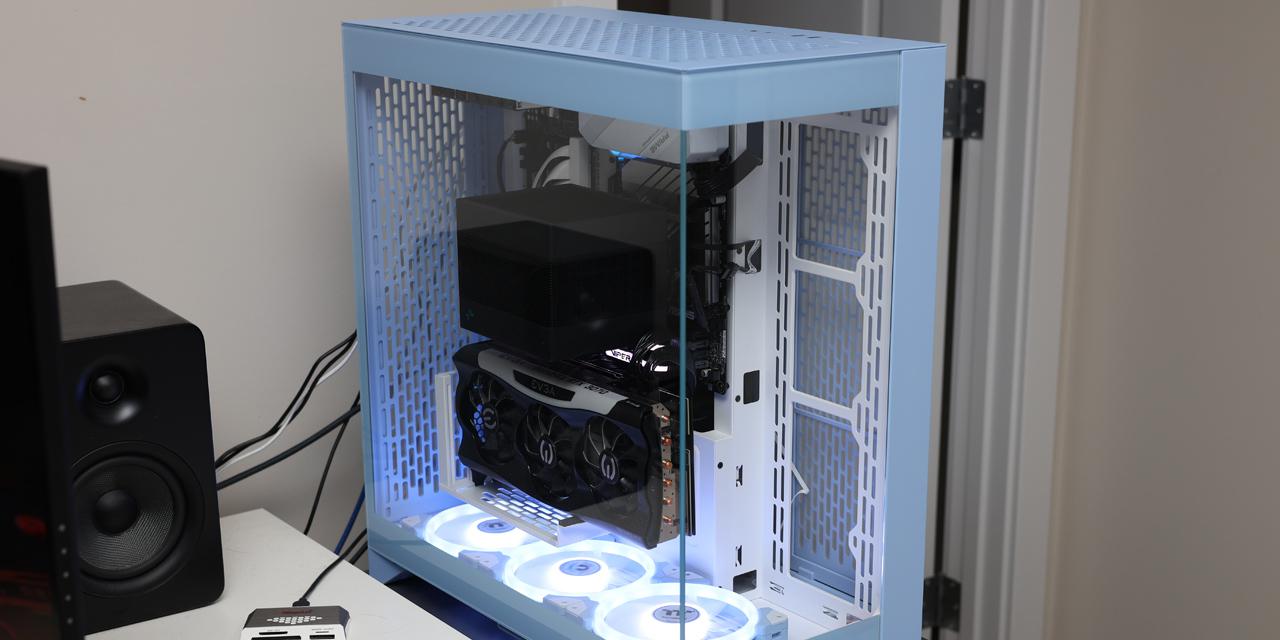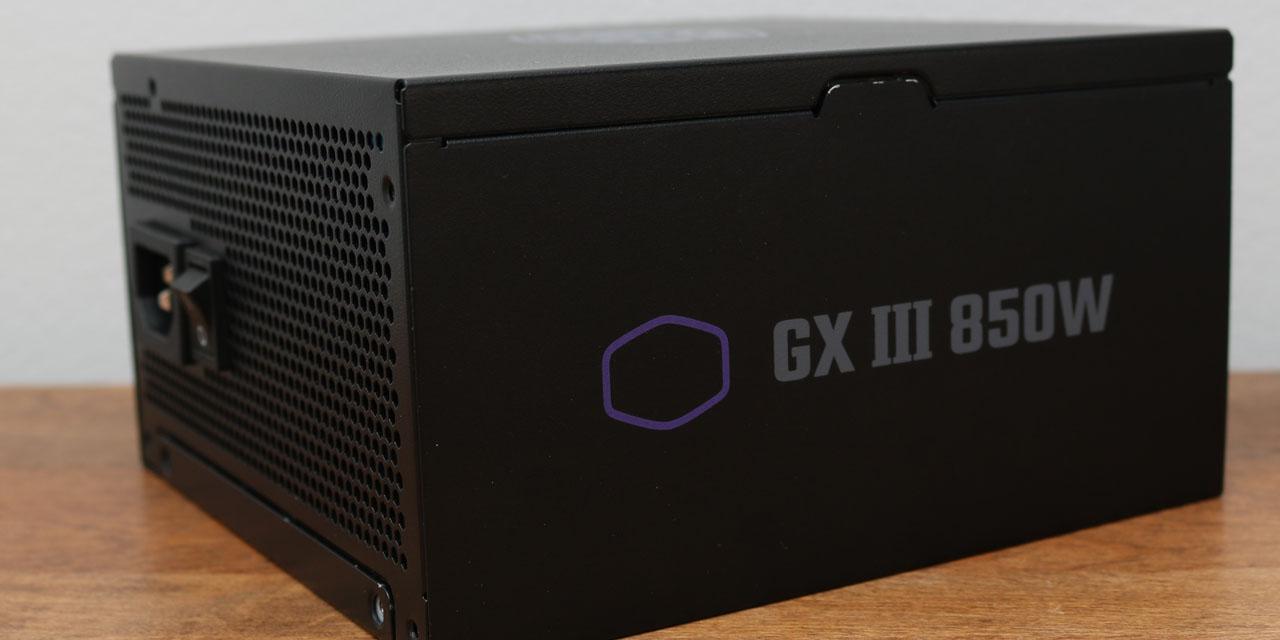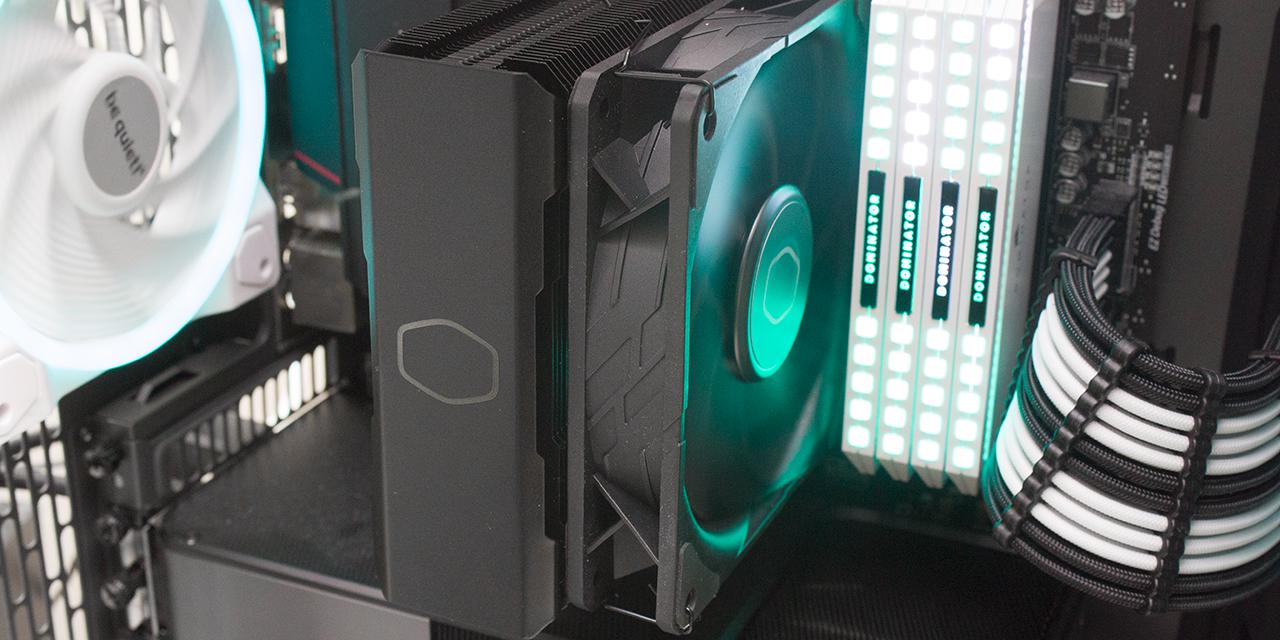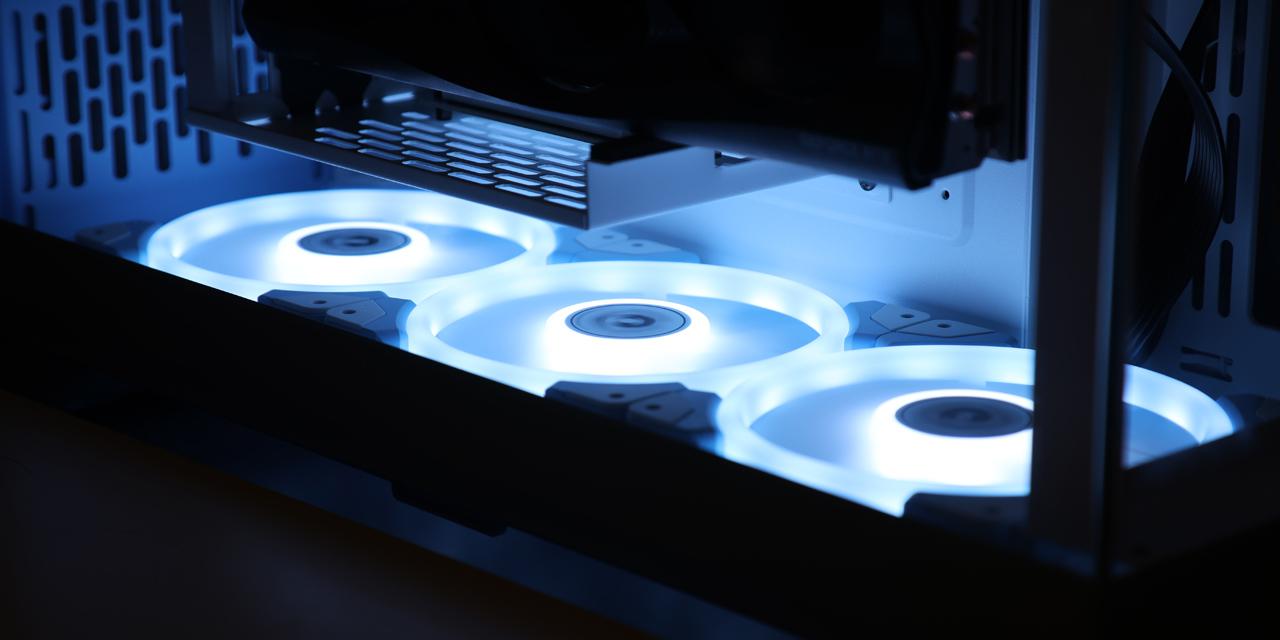From PC World: After falling behind ARM in the mobile processor market, Intel plans to go on the offensive by creating exclusive content for devices built around its chips.
More details about the exclusives will be shared on Thursday during the Intel Developer Forum in Shenzhen, China. But Intel’s software chief Doug Fisher said the U.S. chipmaker wants to work “hand in hand” with vendors to develop unique content within a game or product.
The partnerships could even result in building entire software products exclusive to Intel chips, he added.
The company is trying to distinguish itself, as ARM chips remain the most commonly used processors in smartphones and tablets. Over the last four years, Intel has responded by building more power-efficient mobile processors, and optimizing Google’s Android OS for its chips.
“That’s not sufficient, we want to differentiate,” Fisher said in an interview on Wednesday. One area in which the company said it can excel is graphics, creating more detailed backgrounds in games. Another is in better multi-tasking for Android devices.
Intel is poised to make a breakthrough in the mobile processor market, Fisher said. The company has the goal of shipping 40 million Intel-powered tablet devices in 2014, four times more than the previous year.
To help bring more Intel-powered devices to the market, the U.S. chipmaker is tapping China’s tech hub of Shenzhen, a major center for electronics manufacturing. On Wednesday, Intel announced it would establish a center in Shenzhen devoted to helping vendors create mobile devices with the company’s chips.
Intel will also fund Chinese product development on tablets, smartphones and wearables with $100 million from its venture capital arm.
One area where Intel is noticing some innovation is vendors bringing Android to larger devices, including PCs. But Fisher said it’s still too early to say whether Android PCs have a future, given that Google is also pushing notebooks running its Chrome OS.
View: Article @ Source Site
